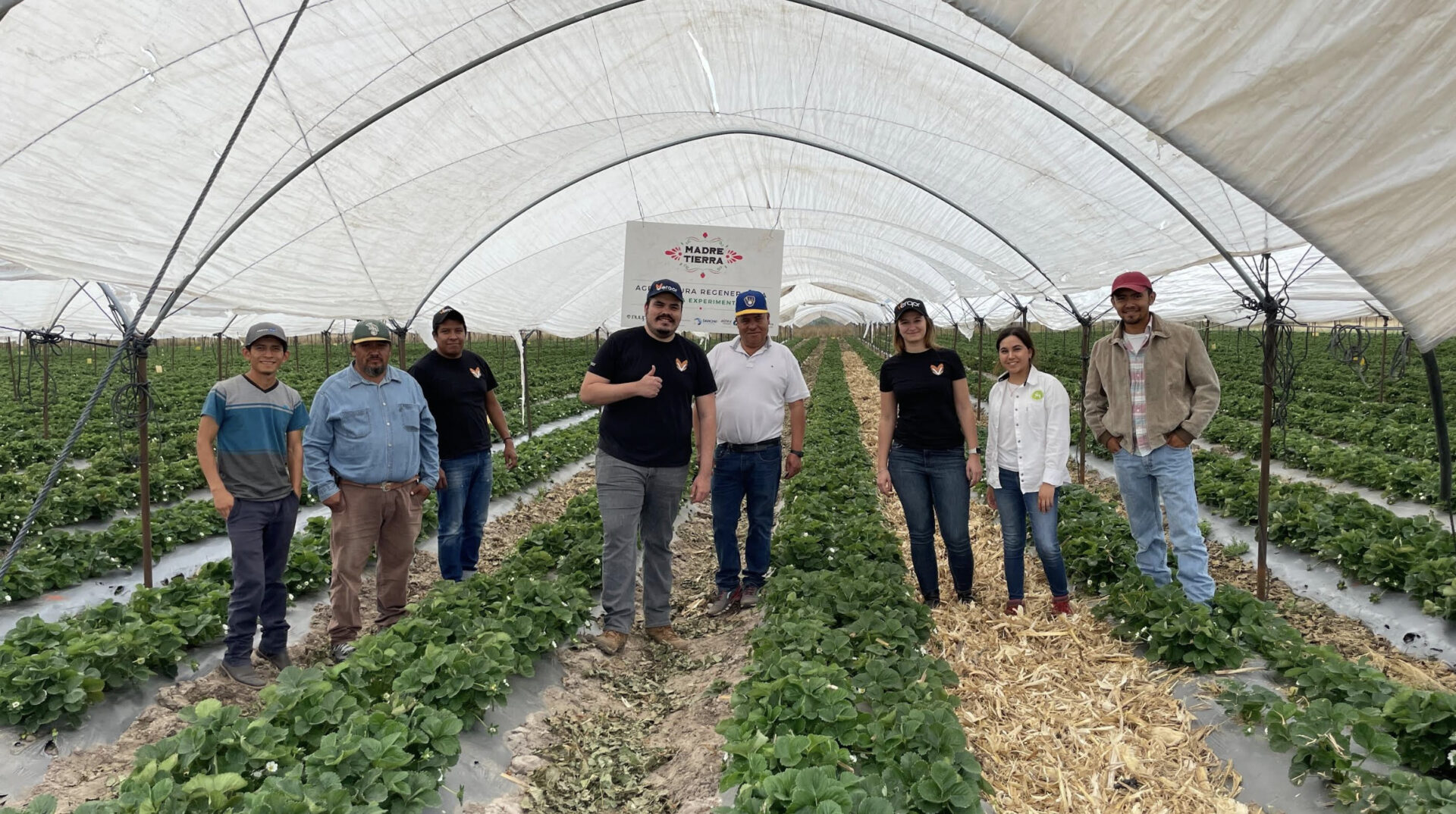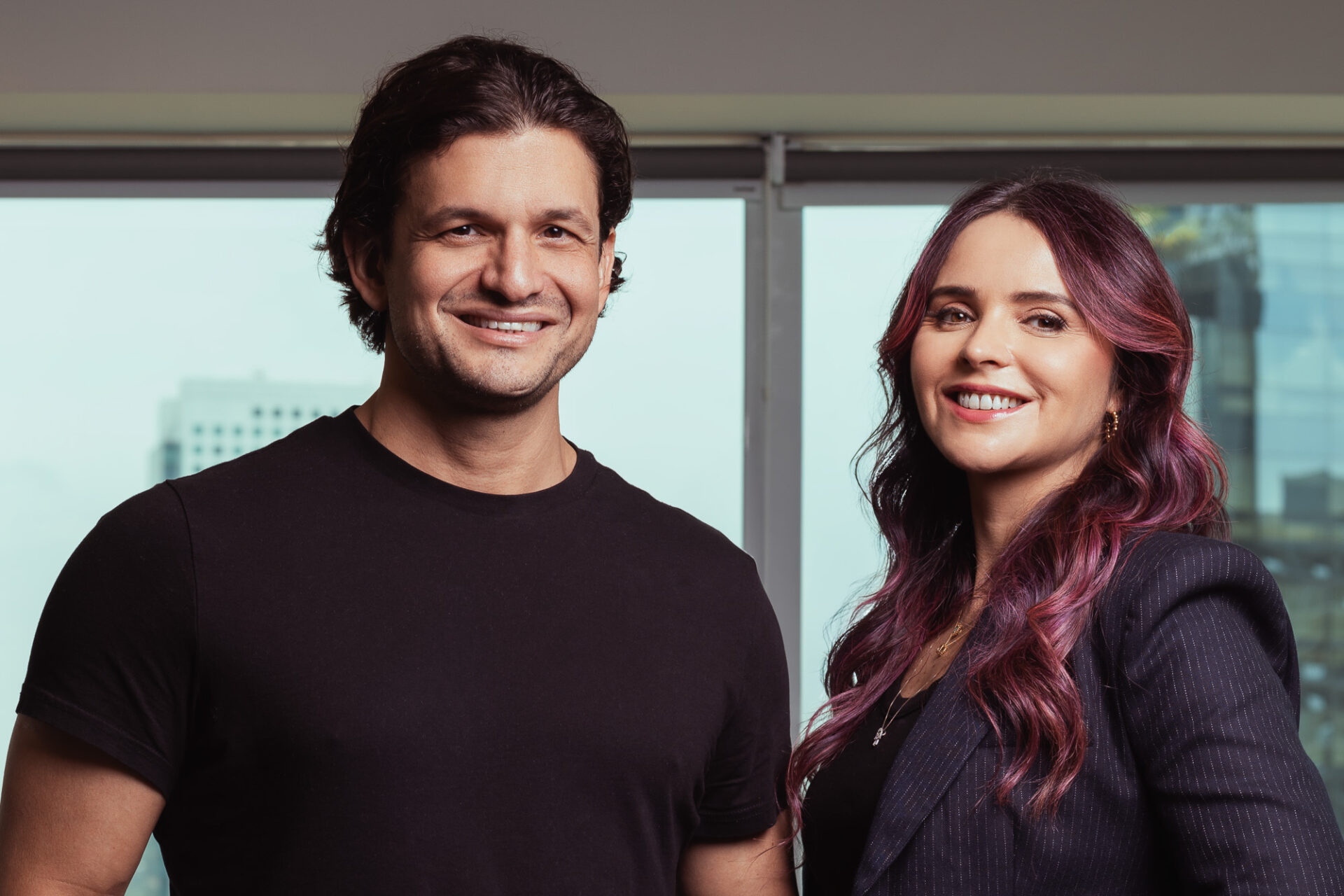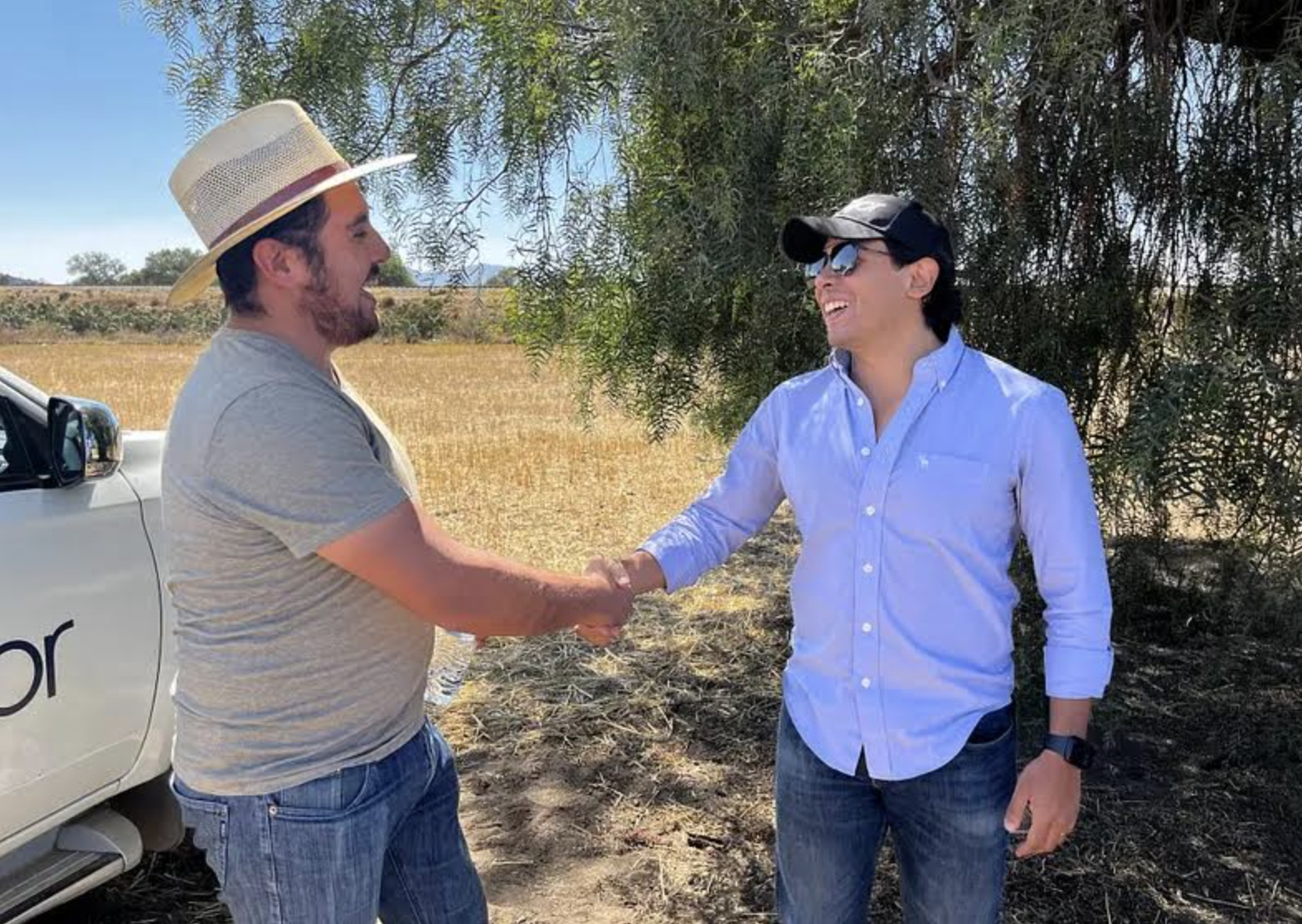For Latin America’s smallholder farmers, working capital is tough to come by.
“It’s an analog industry,” says Hugo Garduño, CEO of Mexican agrifintech platform Verqor. “Most of our farmers in Mexico still use pen and paper.”
On top of that, farmers typically pay for crop inputs with cash and receive payment for harvest in the same format. With no data to document these processes, farmers often lack access to formal financial services necessary to keep a farm up and running.
Verqor, founded in 2019, has spent the last half decade digitizing these processes and generating data on agricultural operations in Mexico to connect farmers with credit and help them access buyers and markets.
Its newly announced partnership with Traive, a Brazil-based agrifintech platform with much the same mission, looks to make the process even more efficient. Combining their efforts, the two companies are aiming for faster credit approvals for farmers based on more accurate data, and will develop a new product specifically geared towards Mexico’s smallholders.

Automizing credit-risk analysis
Around 90% of farmers in Mexico do not qualify for traditional lines of credit, says Garduño.
“If a farmer goes to a traditional bank, they’re gonna get asked for bank statements, historical data of their transactions.” As noted above, the lack of digital infrastructure leads to inaccurate views of farming operations.
Verqor, on the other hand, makes credit decision “based on productivity and not on financial data”
“We try to make a decision based on their product data. How long have they been a farmer? How much do they sell? What’s the yield that they have?”
Once approved, Verqor transfers credit to the farmer’s balance, which the latter can use to purchase inputs from the Verqor platform. Verqor also connects farmers to companies such as AB InBev, Heineken, and exporters in Mexico when the harvest is ready.
Working through lenders, Traive offers Brazilian farmers a similar product, which also has an AI component that provides real-time risk assessment, thereby speeding up the entire process.
Garduño says it’s this AI component that will be instrumental in helping Verqor scale its business.
“We wanted to automize a lot more credit risk analysis, and with the boom of AI, it was a given we should work together.”
For Traive, the partnership is an opportunity to expand its reach beyond Brazil, something the company has prioritized for a few years now.
“Mexico is a big market in the region with a lot of opportunity, and we share certain similarities with the Brazilian market,” says Garduño.
Traive co-founder and CEO Fabricio Pezente says that initiating this “internationalization” of the company in Mexico means that, “Right from the start, we are operating in a giant of agribusiness in Latin America. Just like in Brazil, there are many opportunities to transform the Mexican market through financial technology, and Verqor is the ideal partner for that.”

A ‘tailor-made’ product for Mexican agrifintech
Traive will expand to Mexico through a new product developed with Verqor based on the Mexican market’s needs using the information Verqor already has, says Garduño.
“It’s a tailor-made product based on the farmer data that we already have and have signed credits with. Traive is going to use Verqor’s knowledge of the market, and we’re going to use Traive’s technology to create products for Mexican farmers.”
This should translate to faster approval for credits based on more production data about yield, weather, crops, and so forth.
“We will be able to attend to a lot more farmers and reduce the risk of allocating the credits, because the AI will start to learn and know which variables are going to affect the repayment of the credit or what months will a bit more complicated,” explains Garduño.
“All that will reduce our default rate and increase our operations. It’s very simple to give away credits, but the difficult part and what our main goal is, is to collect the credits.”
He adds that if farmers want to go to a traditional bank, they would get an answer about credit in three to six months. Verqor provides an answer within 72 hours; the partnership with Traive will “speed this process up even more.”
Next steps include gathering more data and beginning to develop the product, as well as hiring the necessary developers for the project. The companies expect to have a full product by the end of 2024.





